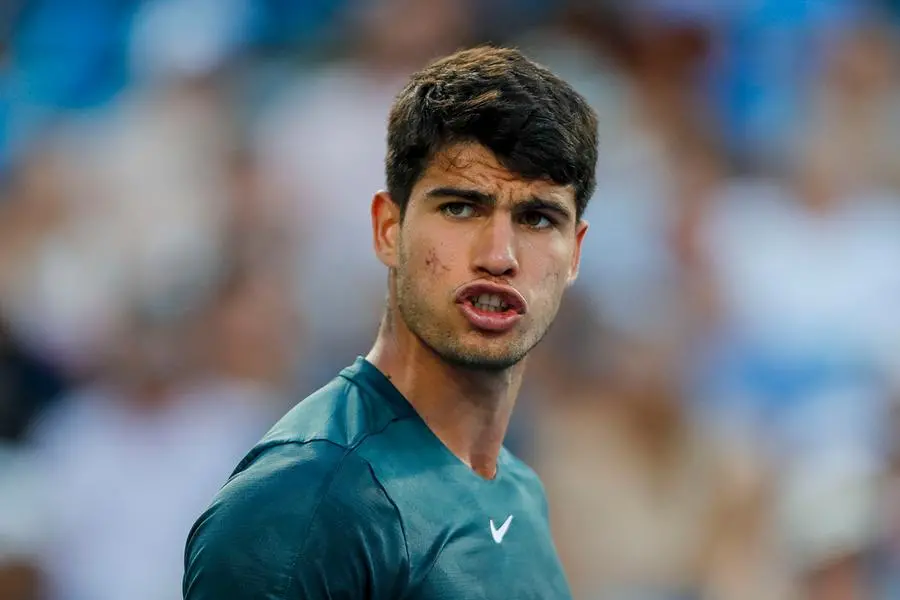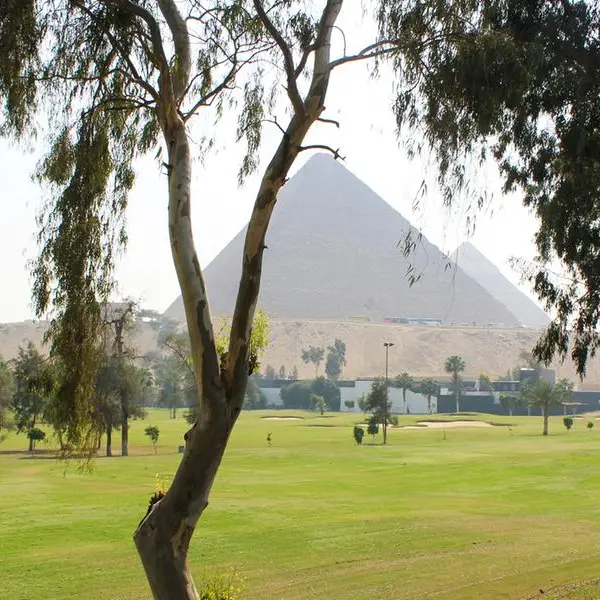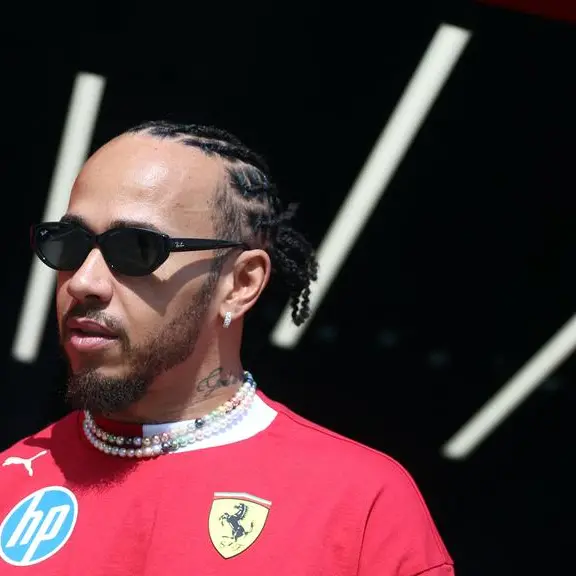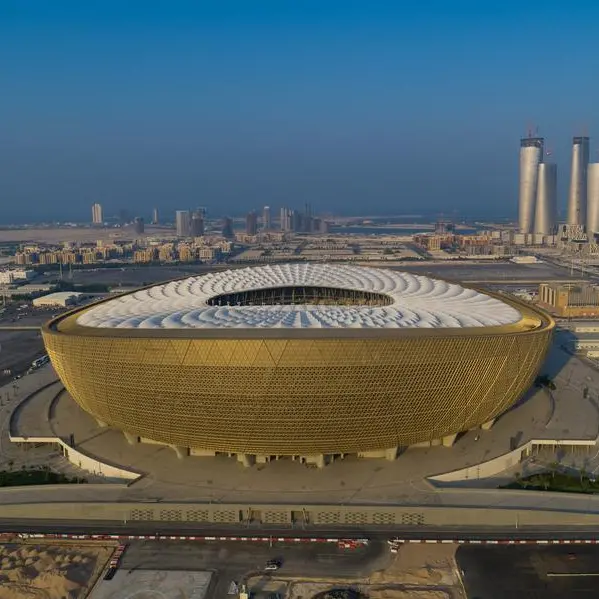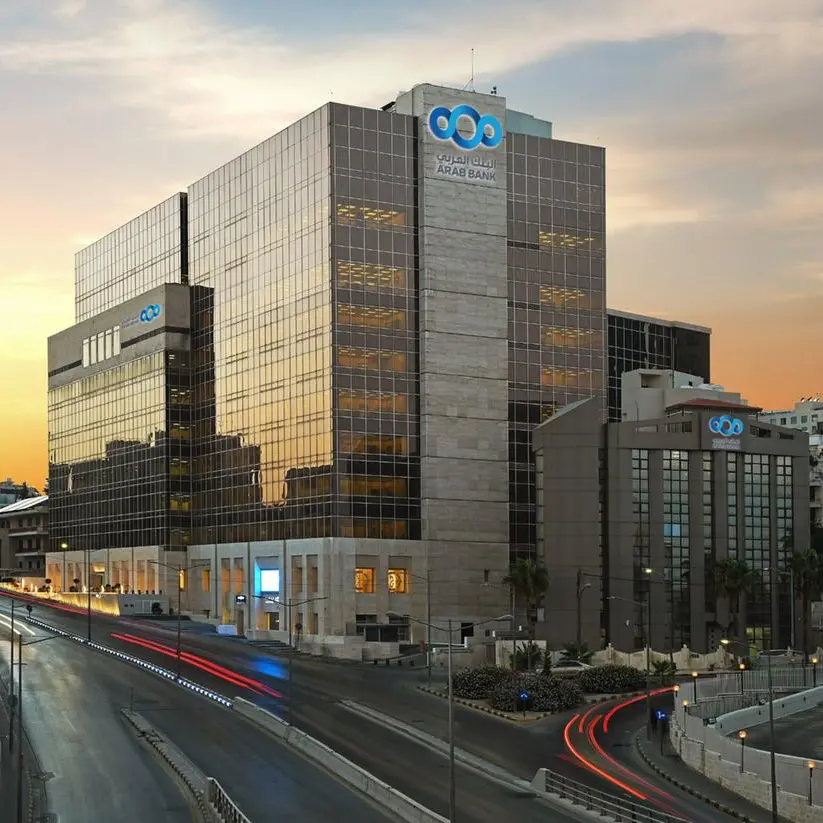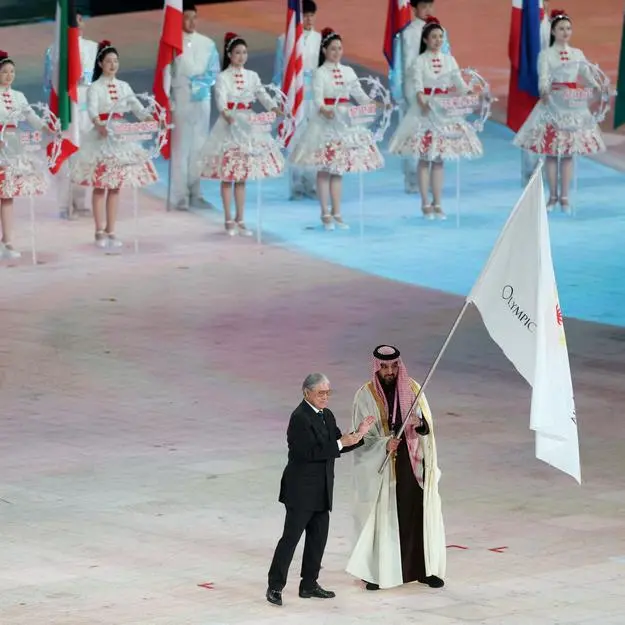PHOTO
Carlos Alcaraz has taken the tennis world by storm since becoming the youngest men's world number one after his U.S. Open triumph last year and he will look for another statement win at Flushing Meadows to cement his standing in the sport.
The 20-year-old tightened his grip on top spot by capturing his second Grand Slam title at Wimbledon following an epic five-set final victory over Novak Djokovic, becoming the youngest champion since Boris Becker in 1986 and only the third Spanish man to win the title after Manuel Santana and Rafa Nadal.
The bull-like Alcaraz, playing only his second Grand Slam final compared to Djokovic's record 35, put on a show that left little doubt that he is leading a changing of the guard in men's tennis.
Djokovic hit back, however, with a stunning performance in a gripping Cincinnati Open final last Sunday, saving a match point and overcoming stifling heat to beat Alcaraz 5-7 7-6(7) 7-6(4) and add more spice to a new rivalry in a sport that has recently waved goodbye to Roger Federer and Serena Williams and is preparing to do the same to Nadal.
Alcaraz's battle with the experienced Serbian for the top ranking largely played out as a long-distance rivalry early in the year due to injuries and Djokovic's enforced absence from the hardcourt swing in the United States.
When they met for the second time in the French Open semi-finals in June, it was the inexperienced Spaniard who cracked under pressure and suffered from severe cramps as Djokovic, 36, prevailed.
Now they are level again after Wimbledon and Cincinnati, creating huge expectation for a possible U.S. Open showdown.
"I'm really looking forward to returning to the U.S. Open, which is a tournament that has given me so much and where I achieved my dreams," Alcaraz said in Cincinnati.
"You can win and lose, nobody is invincible. Every match is a world and can change in many ways.
"The matches (against Djokovic) are very tight, they are very tough... I'm really looking forward to playing in front of the New York crowd."
(Reporting by Fernando Kallás in Madrid, editing by Ed Osmond )
